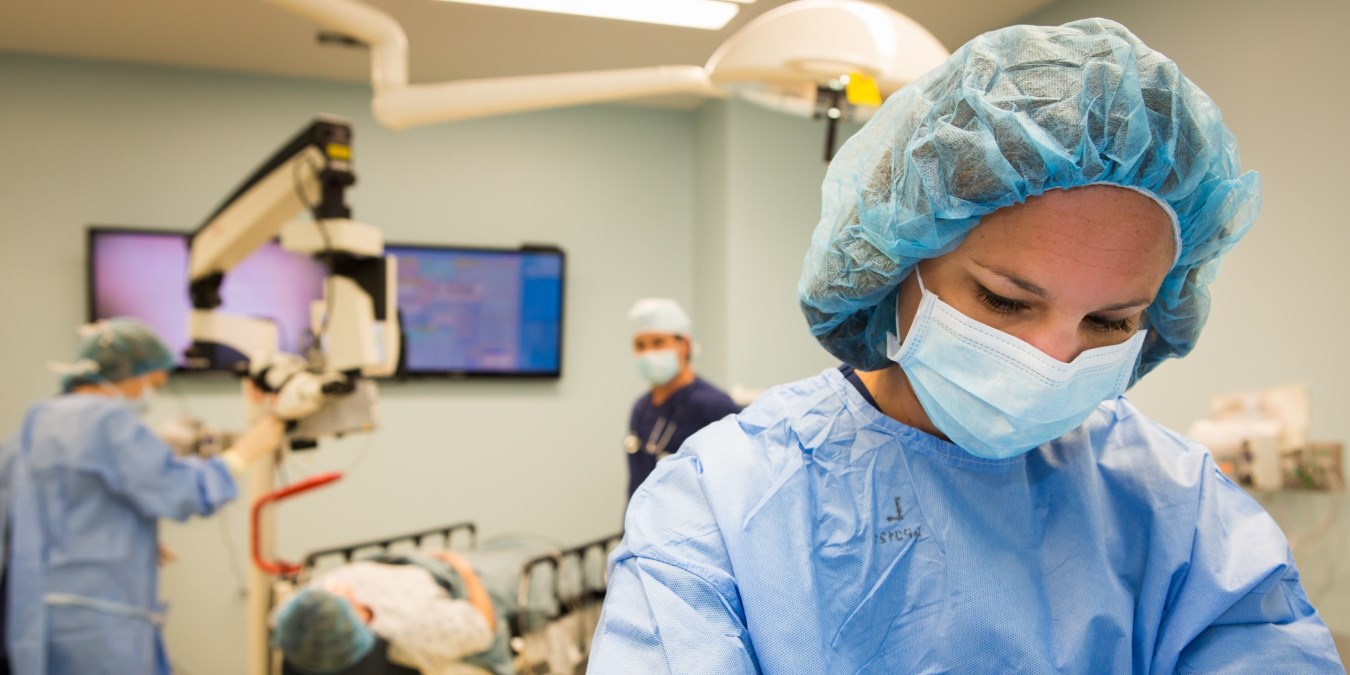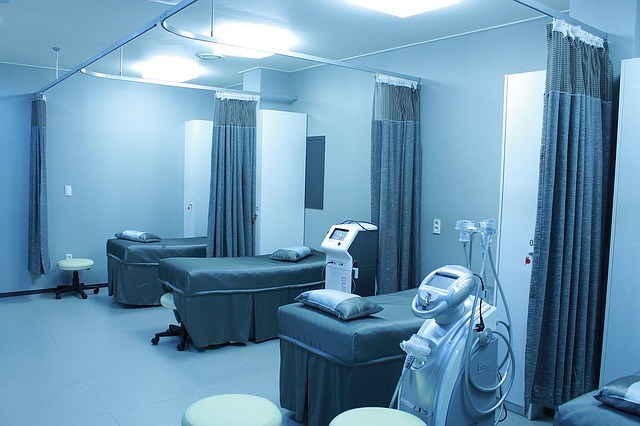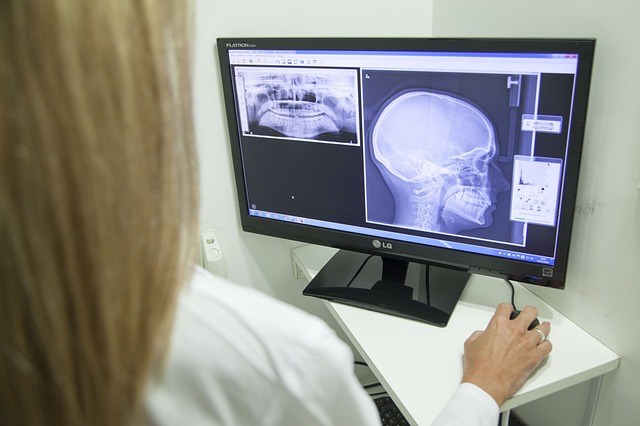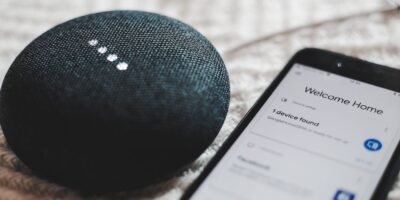
The world of IoT is no stranger to attacks, with security being a number one priority for keeping the world of interconnected devices safe. One area where security is most crucial is healthcare, where successful attacks can result in loss of life. It wasn’t too long ago that ransomware was making the rounds, shutting down entire hospital networks and putting patients at risk.
Irdeto made a press release that put forward the case for better security for healthcare IoT. They quoted some statistics that put some insight into how healthcare comes under attack from malicious agents.
How Widespread Are the Attacks?
Irdeto performed a survey to assess the security threats posed to the healthcare sector. They gave the survey to 700 security decision-makers across all walks of technology, 232 of which specialized in healthcare.

82 percent of these healthcare decision-makers witnessed a cyberattack on their systems in the last year. Of those people, 30 percent claimed the attack compromised the safety of patients, which is a worryingly large number.
43 percent of attacks cause equipment downtime, which is pinned as the primary reason patients come under threat from a cyberattack, 42 percent compromise patient personal information, and 31 percent did damage to the hospital’s reputation.
Can Hospitals Fight Back?
The survey goes on to reveal that while these threats are well-known, the hospitals feel there is little they can do to protect themselves. The most-cited point of weakness for an attack was the IT network, followed by mobile devices and IoT devices.

In fact, 98 percent of IoT device manufacturers and users claim that IoT security is lacking and could be better-tuned to protect patients. This shows a major security hole through which hackers can endanger human life with ransomware attacks, which forces hospitals to pay the ransom fee to get the system back to normal.
What Does this Mean for the Future?
Unfortunately, this is yet another case of IoT security letting down the infrastructure it’s supposed to enhance. We’ve seen a lot of breaches in the past through IoT devices; the more sensitive the breach, the more likely it’ll be attacked numerous times in the future.

Hospitals are in the unfortunate situation where they’re directly in charge of the lives of others. This makes them a prime attack target for ransomware developers who use this as leverage for their demands.
As such, while the world of IoT has the potential to be a huge boon for the healthcare sector, devices have to be properly secured before they enter the hospital. As more and more of a patient’s well-being is monitored and managed by AI-driven IoT, it becomes more and more imperative to keep those systems attack-free. Failure to do so could cause a tragic loss of life.
Keeping Hospitals Safe
Hackers are always looking for the most damaging and sensitive target to attack so that their efforts have as much impact as possible. Unfortunately, this does include hospitals, which are under constant siege from hackers trying to steal information or shut down networks in exchange for money.
Do you think hospitals should cease adopting IoT until their systems are safe? Or does IoT bring too much of a benefit to hospitals that it’s not advisable to stop the implementation? Let us know below.











